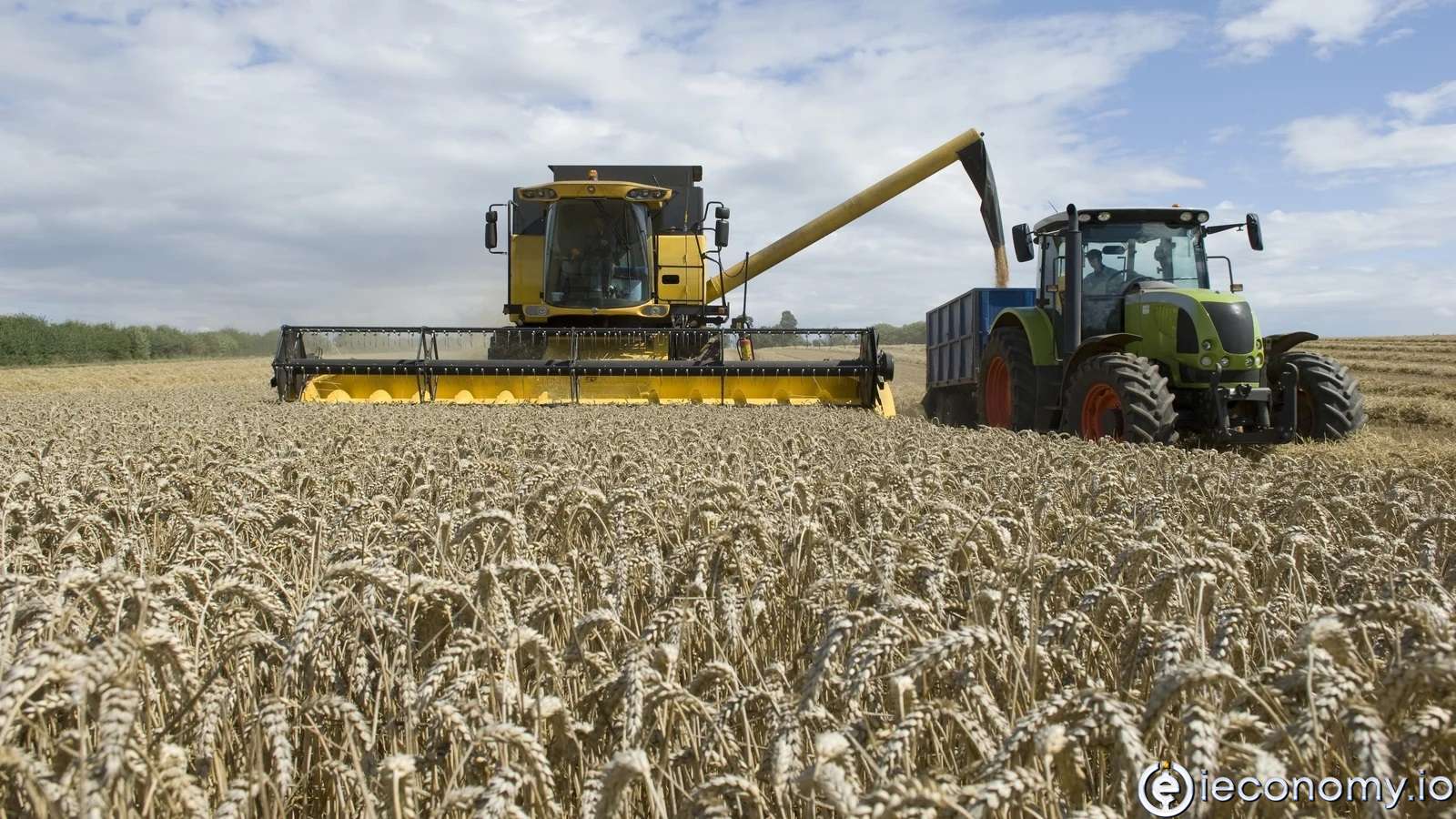6788
0
EU negotiators reached an agreement to reform for agriculture
EU negotiators reached an agreement to reform for agriculture. According to NGOs, subsidies are not ecological enough.

Yazar: Tom Roberts
Yayınlanma: 26 Haziran 2021 16:45
Güncellenme: 3 Mart 2026 13:11
EU negotiators reached an agreement to reform for agriculture
European Union negotiators reached an agreement on Friday to reform a large-scale subsidy program for agriculture, introducing new measures to protect small farms and reduce the environmental impact of agriculture. The agreement ends the almost three-year struggle of EU Member States and the European Parliament (EP) for the future of the common agricultural policy (CAP). It will drain about a third of the EU budget for 2021-2027. € 387 billion will go to payments to farmers and support for rural development. The aim of the agreement is to shift money from intensive agricultural practices to nature conservation and to reduce the production of greenhouse gases in agriculture by 10 percent. The new CAP rules will apply from 2023 and do not apply to Britain after its departure from the Union. "We may have wanted a different result on some points, but overall I think we can be satisfied with the agreement we have reached," EU Agriculture Commissioner Janusz Wojciechowski said on Twitter. "Today's agreement will kick-start a real shift towards a greener and fairer common agricultural policy," European Commission Vice-President Frans Timmermans wrote on Twitter. "It's not perfect, but it's still a big step in the right direction," he added. However, activists and some politicians claim that the agreement has failed to align agriculture with the EU's goals in the fight against climate change. They warned that many of the so-called "green measures" were weak or that the transition of farmers from Member States to greener methods would in some cases only be voluntary. According to a proposal received by some agencies, the agreement requires Member States to go to "ecosystems" for 20 percent of payments to farmers in 2023-2024, and to increase these contributions to 25 percent in 2025-2027. Such projects should include, for example, the restoration of wetlands to absorb carbon dioxide (CO2) or organic farming, although the rules have not defined what should be considered an ecosystem. Even funds that do not go directly to these ecological systems should be spent on "green" measures in other areas.İLGİLİ HABERLER





European stocks soared and focus shifted to German retail sales after Powell's speech!

Forex Signal For TRY/USD: Inflation Slowdown in November.

Forex Signal For GBP/USD: Bullish Trend Still Not Breaking While Recovery Continues.

Forex Signal For EUR/USD: Starry US Data Points to Higher Fed Increases.

Forex Signal For BTC/USD: Downside Continues as Bitcoin Recovery Moves Less.
En Popüler Haberler
Yorum Yap
Yorumlar
Henüz yorum yapan yok! İlk yorumu siz yapın...